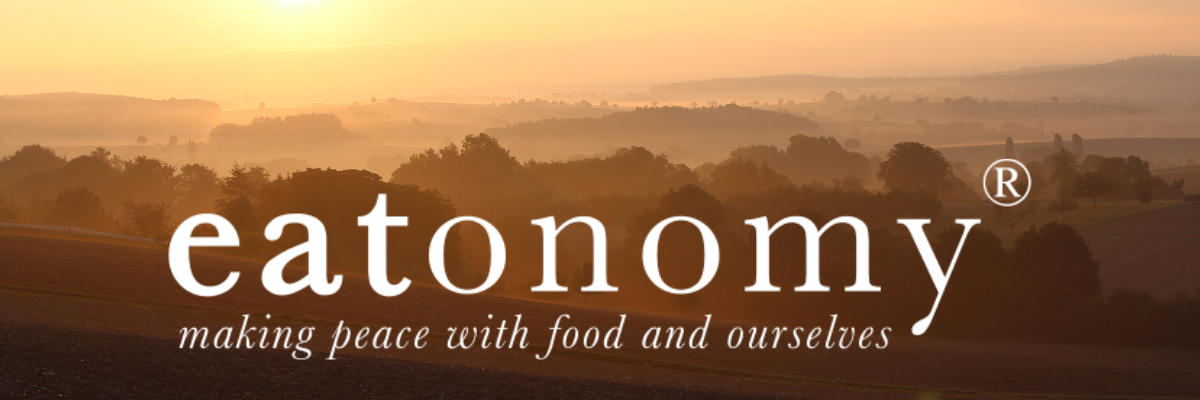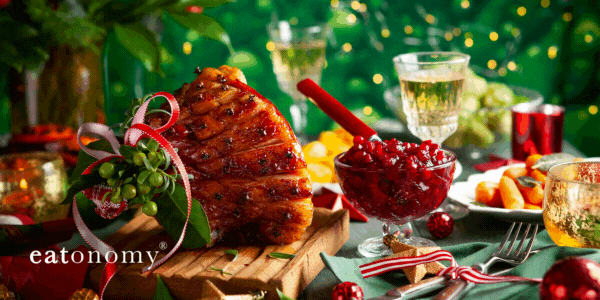“Our ancestors did not have a constant supply of food. When a large animal – a whale, a bison, a woolly mammoth or an elephant – was killed, everyone feasted, gorged… it might be weeks or months before another big kill, so large amounts had to be eaten quickly and then stored in the body for the times of scarcity that were sure to come.
This is an ancient or atavistic memory that calls us to eat all we can now, even if we are not hungry, just in case there won’t be any food tomorrow… there is something deep in our primitive brain that still fears starvation, scarcity, famine.” – Jan Chozen Bays, “Mindful Eating”
Remember the panic-buying we witnessed when the Covid-19 crisis first hit?
Continue reading “Expert Insight: Dieting and the Fear of Famine”






